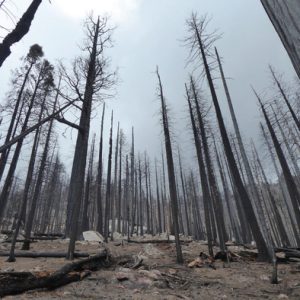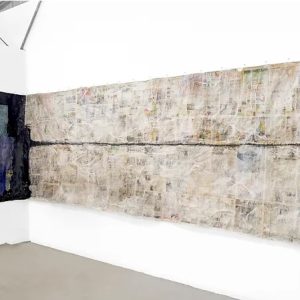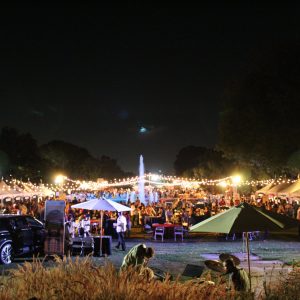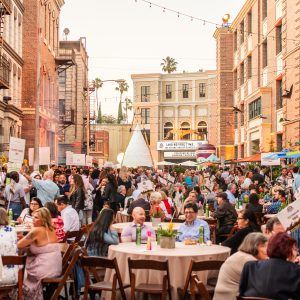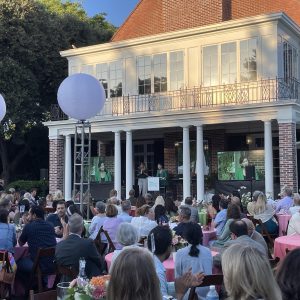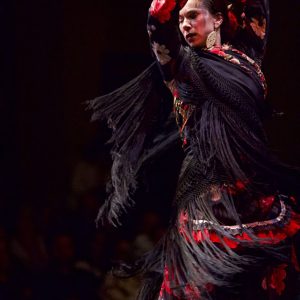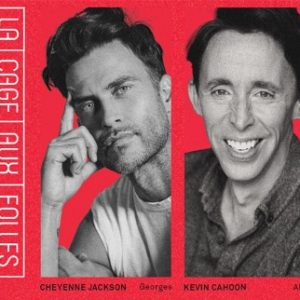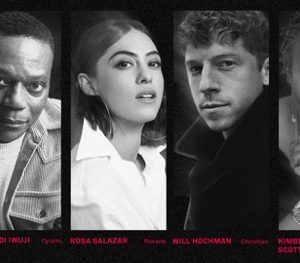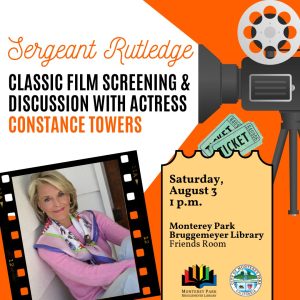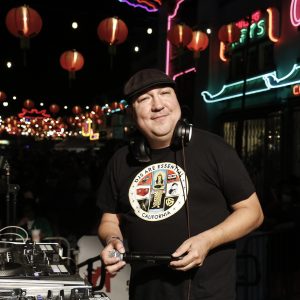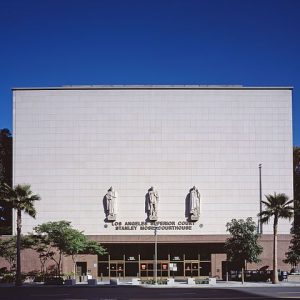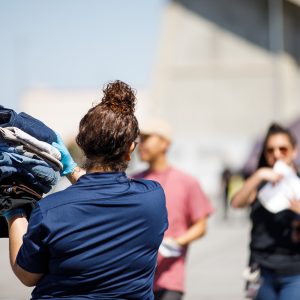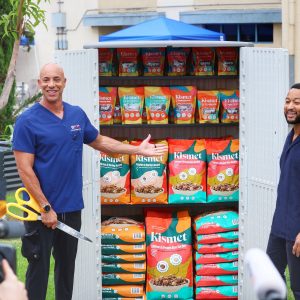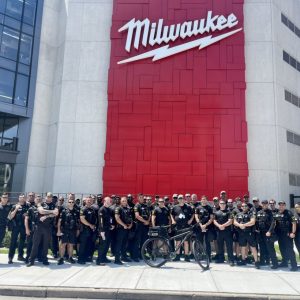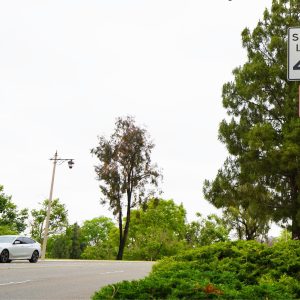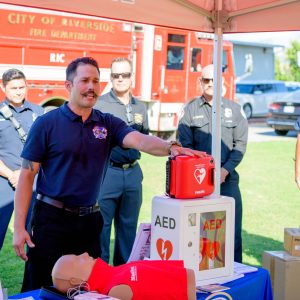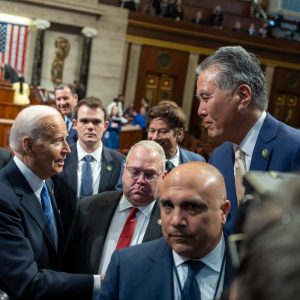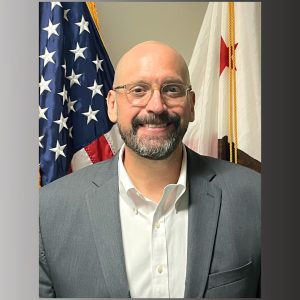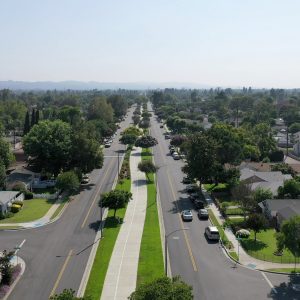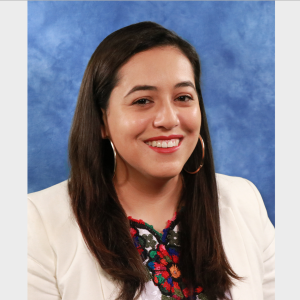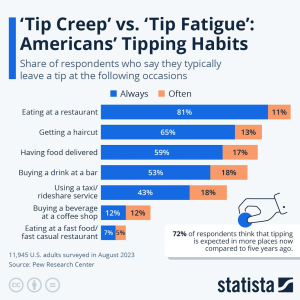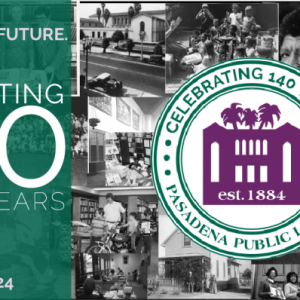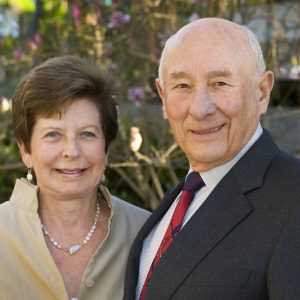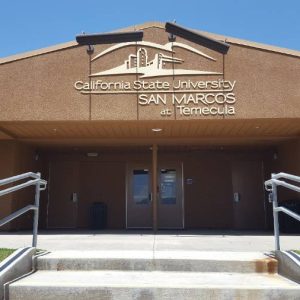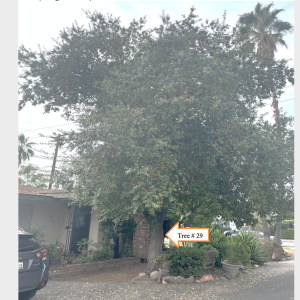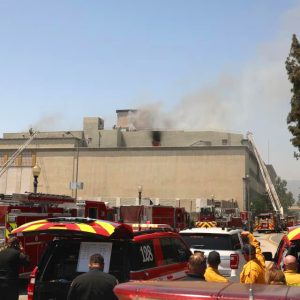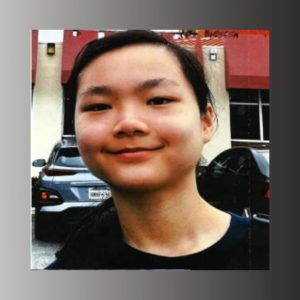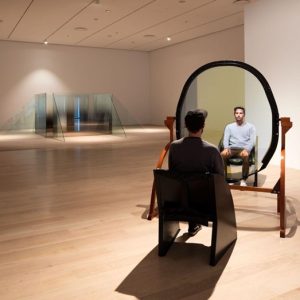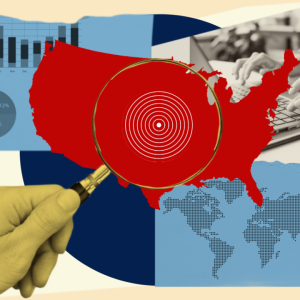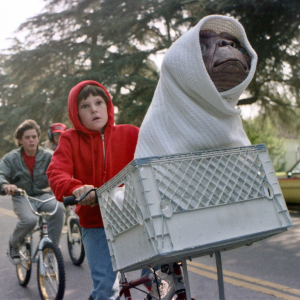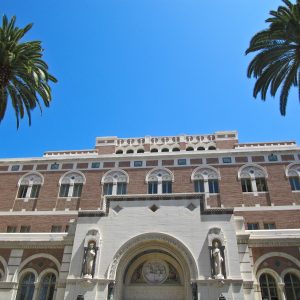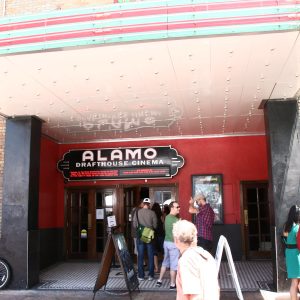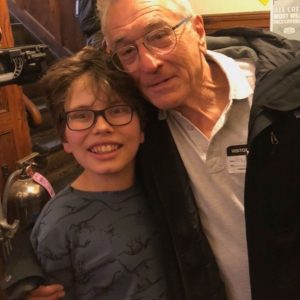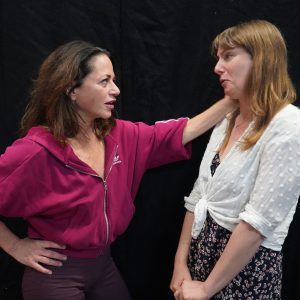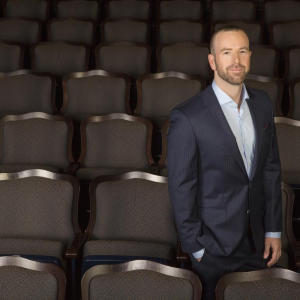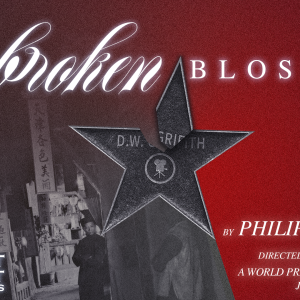 View Winners →
View Winners → 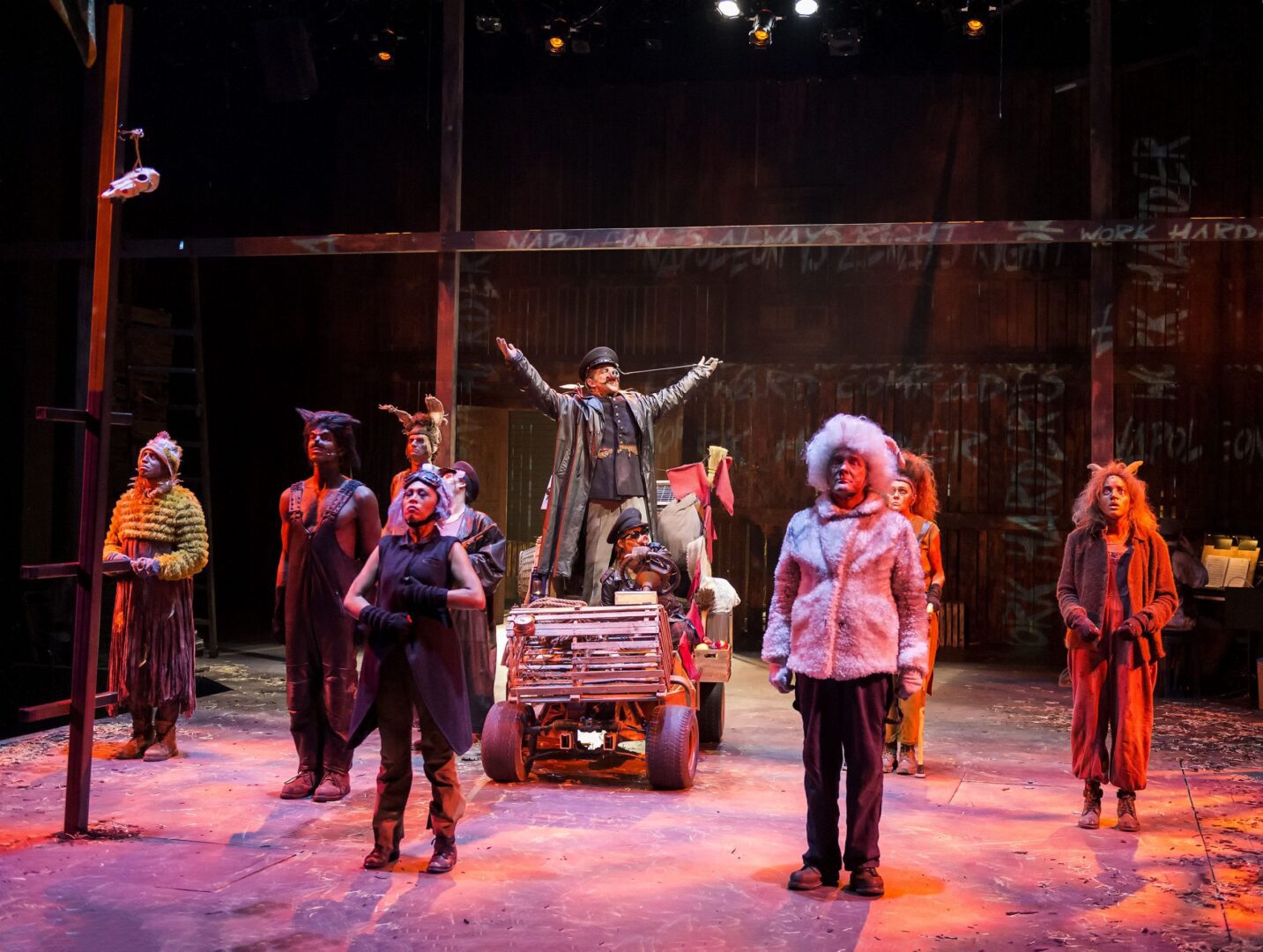
Director Julia Rodriguez-Elliott is bringing the musical adaption of George Orwell’s “Animal Farm” to Pasadena’s A Noise Within theater from Sept. 3 to Oct. 2. Hey SoCal sat down with her and actor Rafael Goldstein to discuss the musical and its relevance in the modern day.
Orwell has often been used as a mirror to reflect the current state of society. Known primarily for his dystopic fiction, it is his 1945 novel “Animal Farm” that was eventually adapted into a musical by Peter Hall.
First premiering in 1984 at the National Theatre in London, Hall’s adaptation gives sound to the tale of farm animals overthrowing their human farmer. While successful, the new society created by the animals becomes corrupted, betraying their original intent of creating a better life for all on the farm.
The novel (and musical) touch on themes of corruption, fascism and indoctrination. During the interview, Goldstein expressed how salient the musical is, noting his surprise at some of the content during rehearsals.
“I’m often shocked in rehearsal and hearing things and how much, unfortunately, it resembles the times that we’re living in and the fragility of our democracy, and all the challenges that we’re currently facing.”
Tending to the farm
Hey SoCal: The animals are anthropomorphized in the novel, so how is this communicated on stage?
Goldstein: Part of that is due to the fact that we are playing animals. We’ve been doing a lot of work on our animals and there was even talk about going on a field trip to a farm to see what that’s like. But the challenge does come when you’re on stage. What do you retain from the animals? Is it a gesture? Or a sound? Or a way to hold your fingers? So there’s sort of an inherent, not lightness, but a playfulness, to this production.
Rodriguez-Elliott: And it also informs the psychology of the characters. Raphael plays Napoleon, the pig, who ends up being sort of the leader of the pack. The pigs are called the brain workers; they’re the mind behind all of that. But in terms of the psychology of how they operate in the animal world, and how that transfers into this sort of human state has been really interesting.
Hey SoCal: What made this work stand apart from just adapting into another play?
Rodriguez-Elliott: I became aware of this particular adaptation three or four years ago and was really fascinated by it. We had a difficult time securing the rights and I’ve always said that the longer we waited, the more relevant the play became.
What the thinking was, in terms of a musical, I think that the music in a way amplifies the message, and captures the story and the essence of how quickly their world transforms in a really beautiful way.
What it also does is that it gets the play out of realism. And you would think that when you get it out of realism that makes a softer punch. But on the contrary, I think it makes the message even more powerful. The idea of adding music probably made a lot of sense as he was conceiving of it.
Goldstein: Part of the wonderful thing about musicals is that when regular dialogue won’t suffice to contain these big ideas and big emotions the only way that they can adequately be expressed is through song. It brings it to that heightened level where it connects to the audience on a visceral level.
Rodriguez-Elliott: As the play transitions out of this world, where you have a community that is coming together to build a better world for themselves, there are a bunch of songs that really bring out the joy of that. It unifies the individuals and as it starts to transition to a more military environment the music also helps with that transition.
Hey SoCal: Can you elaborate on the music’s role in this performance?
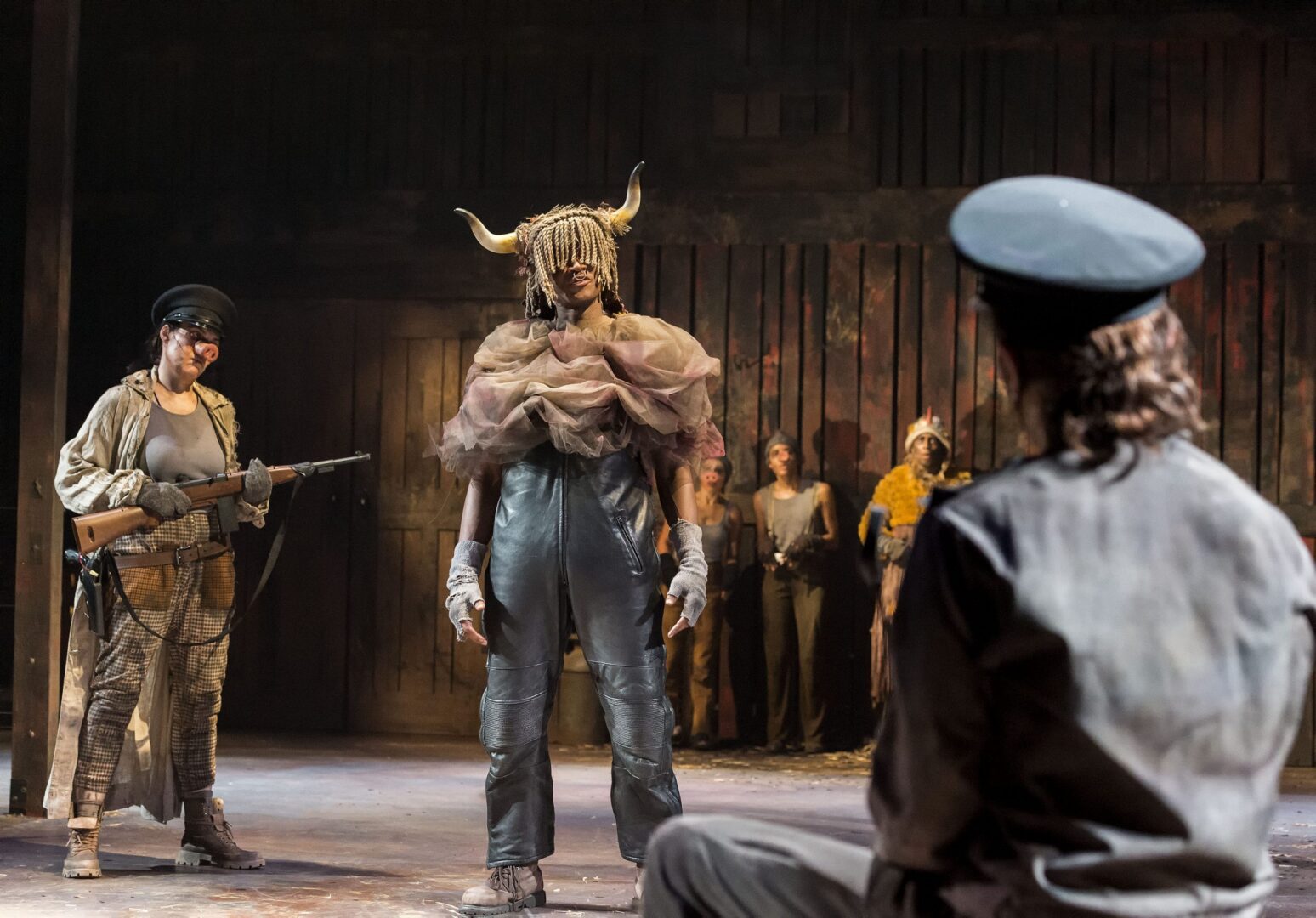
Rodriguez-Elliott: It feels very Brecht-Weill to me. Like the streetwise opera feel that you get in Threepenny Opera. Those types of musicals feel sort of rough and tumble. It’s not an operatic or musical theater sound, but it’s more a sound of the people if you will.
Goldstein: It does sort of feel like you’re in an old-timey bar room in the 1930s. Luckily, we have these wonderful musicians who are playing it. Our music director Rod is on the piano. It goes past your analytical mind and gets at something primal in the back of your head.
Rodriguez-Elliott: I think I now better understand why that play is taught at a high school level. It really is so shocking, in terms of what can happen if you are not engaged in politics and in the world around you. It’s the right time for young people to look at what happens if you’re apathetic and not engaged.
That being said, I think that this generation is much more in tune with politics than I was when I first read this play. I find this aspect really interesting because I think this production will appeal to that age group. For us adults who have been around for some time, it really resonates with us.
Hey SoCal: What parallels with the modern day do you think the audience will draw from the show?
Rodriguez-Elliott: It’s not too difficult, even though it was written about the Russian Revolution. But it’s not really historical, it’s current and ongoing.
Goldstein: Yeah, it’s, unfortunately, quite recognizable. Noise Within serves thousands of school students every year. Because politics has become so much a part of meme culture they know who all the players are. They’re going to be able to see a lot of the dynamics that they see on social media and in politics played out in this play, because it is universal. Wherever there is a power struggle, wherever malicious actors are keen on obtaining power for power’s sake, this play, this story, will always be relevant.
Goldstein: Orwell himself fought in the Spanish Civil War against the nationalists and fascists and was part of a group that was being backed by the Soviets at the time. But then he became totally disillusioned with that too. He just felt sort of politically unmoored. There was nowhere for him to turn.
Rodriguez-Elliott: It all sounds very heavy but the power of this production is that it’s wildly entertaining. It’s very funny. It’ll break your heart at times. It’ll be really scary at other moments. You’re able to laugh and look at it through the lens of these animals: it’s more powerful. But you also leave feeling wildly entertained.
Hey SoCal: Were there any things that you had to change when working with this musical?
Rodriguez-Elliott: It’s generally the same, with any piece of dramatic writing. There’s a lot of latitude in terms of both the performers’ and the director’s vision for a particular production. The major change that I would say is that in the original production in 1984, the animals were on all fours until the very end. That’s not something that we’re doing because I found that incredibly limiting.
The only animals that have these extensions are the horses, but everyone else, as Raphael says, retain certain idiosyncrasies of their particular animal, but they’re not on the ground the entire time. The world around us is changed theatrically, there are things that are more sophisticated now that become a part of theater vocabulary. There are always things that you shed and you find ways to make it your own.
Hey SoCal: What would you say was your favorite thing to see realized on stage?
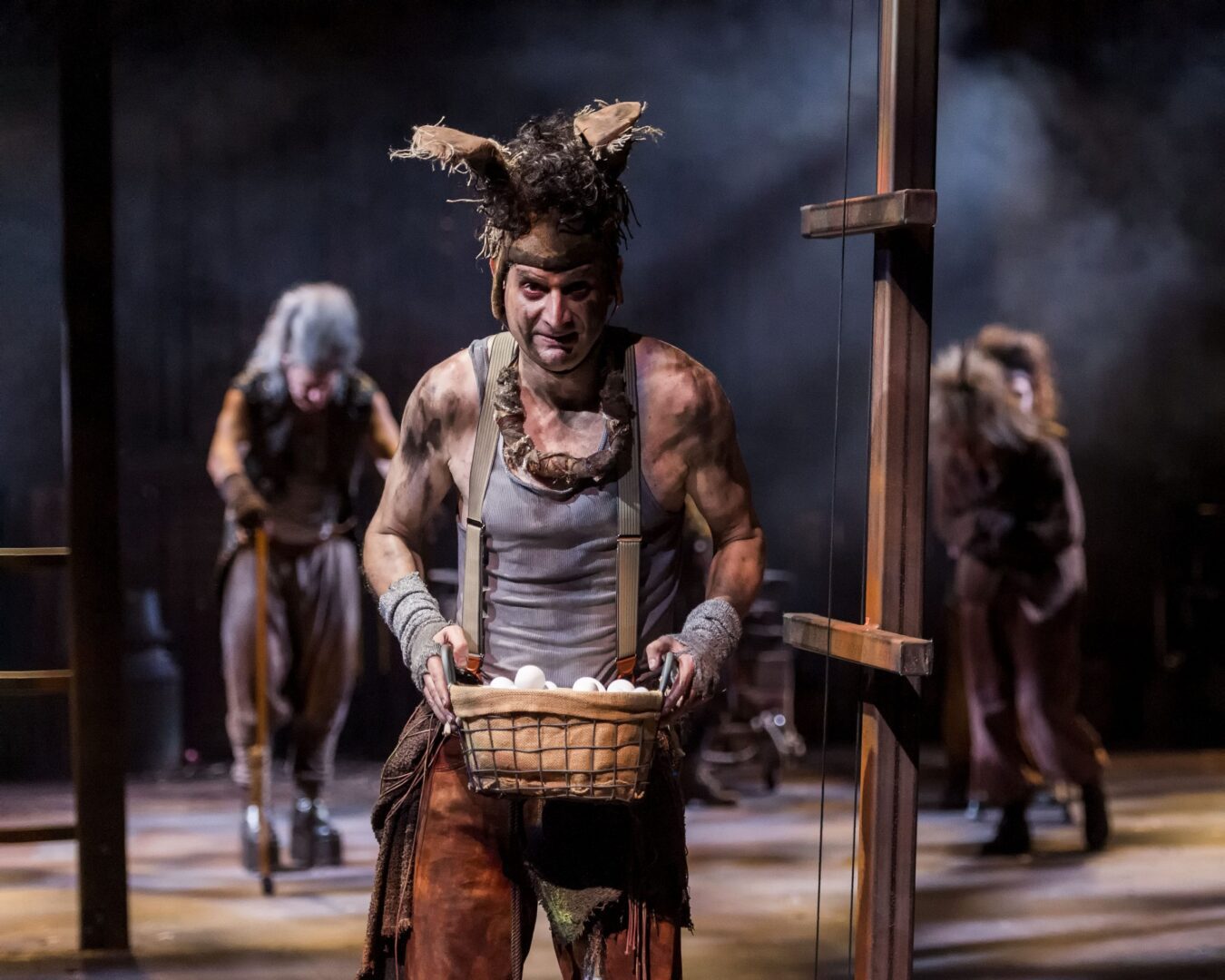
Rodriguez-Elliott: The big surprise for me has been the music. I had only heard the music director playing it for me and seeing it come to life with the performers, it’s been a real revelation. It enhances and brings the production to life in a way that I would not have imagined. We’re having a good time. It’s a great group of people. So every day is really fun. That was the biggest thing for me.
Goldstein: For me, it’s on the page. In the script, there’s stuff like, “Then the windmill is destroyed” or other things that feel impossible like, “chickens raining eggs from the ceiling.” Part of the joy of any show that Julia directs is watching her rise to those challenges and then surpass seemingly impossible things that become possible on stage in a very practical way.
That’s been my favorite part of watching this fairy tale become real, with just some actors and costumes and planks of wood. It’s a marvel.
Rodriguez-Elliott: It’s a very ensemble-driven piece. It’s funny because, often when you’re getting into this, you’re cursing, saying, “eggs rained from above? What the F is going on!? How are we going to do that?” It’s a love-hate relationship with the challenges!
Hey SoCal: Given the challenge, did you achieve the technical aspects you wanted for the performance?
Rodriguez-Elliott: There’s a moment when we have pigeons that descend from the heavens, and I won’t tell you how, but that’s really fun and kind of challenging in terms of what the actors do. It’s a very physical production. For the actors, it’s an athletic event, it really is.
I think everybody will find whatever resonates with them, in terms of the movement of the production.
Goldstein: Luckily, most of the actors, we’ve been working together for years and years, so there is a great deal of shorthand that happens. Even with some of the newer guest artists, there’s already like, a real sense of community and trust, especially with a piece like this, that is required for the work to really sing, for lack of a better word.
When we come into these tough moments in the play, or even within the music, it’s always nice to know that you’ve got another “animal” backing you up. We feel very taken care of by one another. So that’s been really nice.
Hey SoCal: Do you think there’s any desire to give a musical adaptation to a different Orwell work or another work that is sort of in the same vein?
Rodriguez-Elliott: It’s possible that it’s coming down the pipeline, but not every story lends itself to that kind of treatment. But Orwell certainly does to me.
Goldstein: I was thinking of something like Ray Bradbury’s “Fahrenheit 451,” for example. The musical genre is so malleable. If you want to tell a good story with some social commentary and flights of fancy, I think it’s possible to do that with any piece.
Rodriguez-Elliott: What I will say about this adaptation is that one of the reasons that I was also attracted to it is that it’s very faithful to the novel.
Hey SoCal: What would you expect a newer audience to take from this?
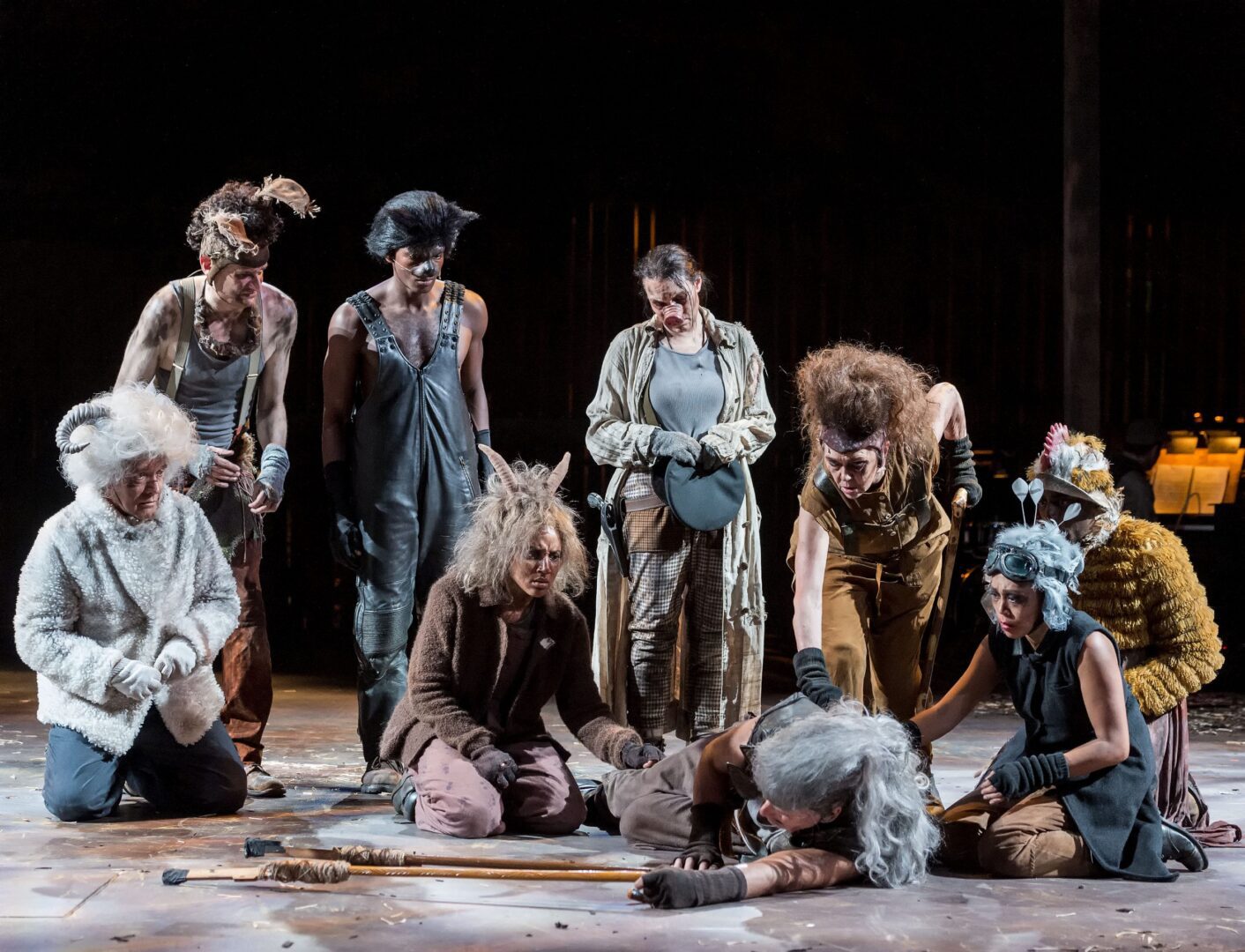
Rodriguez-Elliott: First of all, I think it’s incredibly accessible. It provides a really great entry point. As we were saying before, they’re going to recognize it, because we’re living it and I think that young people are engaged. My youngest child has been politically engaged since fourth or fifth grade, which is very different than the world that we lived in. We didn’t have the internet and all those kinds of things.
They’re going to recognize it. Hopefully, it wakes us all up a little bit to say this is what complacency can lead to. What we know now that we didn’t know maybe 15 years ago is that we always thought, “Oh, yes, I see it. That’s happened in these third world countries, blah, blah, blah, but not the U.S.” And now it’s happening in the United States. So I think that it’s the right moment to be looking at this play.
Goldstein: It definitely can happen here and it is happening here. When you take something, and it’s something that you see every day and make it strange but still present it, with the message that it has, I feel like audiences can re-frame their perception of the outside world and what’s going on politically. Hopefully, as Julia said, it serves as a wake-up call. A call to action.
Rodriguez-Elliott: Yeah. And you know, they’re there. You may have audience members and say, “Oh, yes, I see it, and I see how it happened in Russia, and I see what happened in other places, but you know, there’s nothing in this that looks like the United States.” And that’s okay!
You can purchase tickets for “Animal Farm” here.
You can reach Eloin Barahona-Garcia at eloin@beaconmedianews.com.









